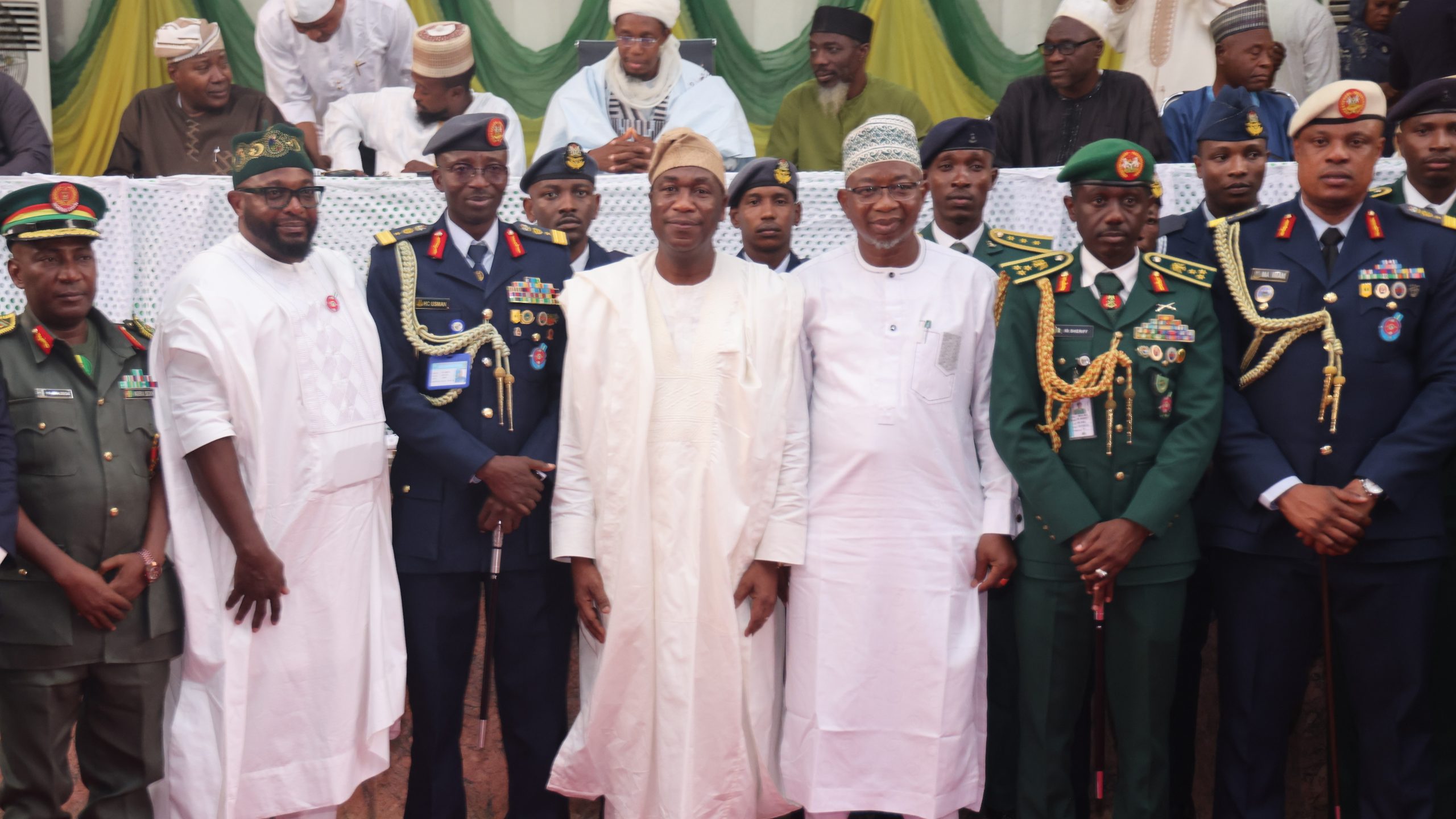A significant milestone has been achieved in promoting gender equality in Rivers State with the development of a five-year Gender Policy, spanning from 2024 to 2028.
The policy was crafted through a collaborative effort between the Rivers State government and non-governmental organisations (NGOs), specifically the Stakeholder Democracy Network (SDN) and her partners ALIVE, GADA, and other sectoral representatives, who collaborated with the Rivers State Ministry of Justice, Ministry of Women Affairs, and other line ministries to develop the Gender Policy.
The policy, currently awaiting adoption by the State government, is aimed at addressing existing inequalities in the socioeconomic sphere, ensuring women have equal opportunities and rights.
It focuses on empowering women to participate in governance systems, achieve income security, and have decent work and economic autonomy.
Additionally, the policy seeks to create a society where women and girls live free from all forms of violence and discrimination.
However, in line with Section 3 of the policy document, and in a bid to bridge the gender inequality gap and empower young women in leadership and advocacy, SDN has commenced the pilot phase on leadership and political participation for 30 young women in the state.
According to Florence Ibok-Abasi, Country Director at SDN, the two-day training titled the Women’s Training, Empowerment and Delivery (WTED) Project was part of a broader mentorship programme designed to address the challenges faced by women in Nigeria.
She said, “We believe that you cannot develop a nation with just men; you need to do it with women. Women face the brunt of the problems within Nigeria, whether it’s economic problems, environmental degradation, or politics.”
Ibok-Abasi emphasised that the barriers to women’s participation in politics are significant, citing the resources required to contest an election and the salary disparity between men and women in the same position.
“For us, this is very important. It’s at the core of our work, and it’s embedded in our pillars, whether we’re looking at livelihoods, governance, peace and security, or the environment. Women are the heart of it all,” Ibok-Abasi said.
Being supported by the Czech Embassy, the Second Secretary of the Embassy, Marie Nwanyanwu, said the project is a local development initiative that focuses on material help and soft skills development. “We are covering eight other countries, and our Czech aid is spreading all around,” she explained.
Also, Hilda Dokubo, who served as a mentor during the programme, highlighted the significance of advocacy in addressing social injustices, emphasising the importance of building a new generation of advocates.
She said, “We need to prepare them to take our place, and the best way to do that is to train them on the subject matters that we think they should embark on.
“Advocacy is about pressing through and ensuring that there are no injustices around you. It’s essential for me because it ensures my tomorrow, and I would need some other people to use their voices on my behalf and on behalf of the next generation.”
Nadia Asenibo, a participant and beneficiary of the program, expressed her enthusiasm for the initiative.
She said, “The event is actually very important because it talks about policy-making, gender inclusivity, and advocacy. I’m so glad I’m here because I’ve met great mentors, and I’m networking with other young advocates.”
Another participant, Merlin Taminemi, echoed Asenibo’s sentiments. “I chose to take part in this program because it’s an opportunity I’ve been looking out for. I want to go into the advocacy space, specifically to advocate for employees in the private sector. This program has been amazing, and I’m ready to go out there and represent the set of people I’ve chosen to represent.”






